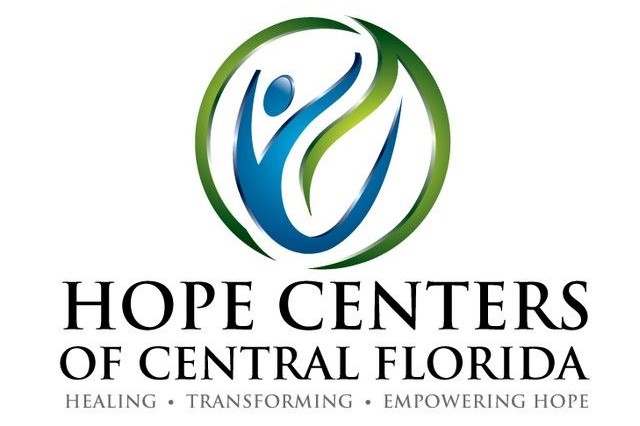Many people start out taking Opioid Medications for pain relief, often believing that they are the most effective. In reality, this is actually not the case. Unaware, however, many people continue to increase their opioid dosages, thinking it will help numb the pain properly. Not only does this not work as well as many people think it will, too many opioids can lead to a number of negative side effects, including addiction. As one of the most comprehensive drug treatment centers in the Orlando area, our goal at Hope Centers of Central Florida is to give you the tools you need to recover from your addiction. That’s why we’ve put together this guide to various painkiller alternatives so that you don’t need to go near opioids again. Learn with us how to treat addiction effectively.
Let’s Talk About Pain
When it comes to painkillers there’s a few things to know that will help you pick out the right medication for your specific needs. Firstly, pain is generally caused by two different sources: nerve damage and tissue. Many people end up taking opioids even for nerve damage pain, which they are not well suited for. Different medications are better for different types of pain.
It’s also important to understand what you should be expecting out of your pain killers. On average, pain killers help remove about a third of your day-to-day pain. So they are supposed to make your life easier, but they do not completely eliminate pain from your life. Knowing this will help you avoid taking too much of any medication, trying to get them to do what they’re not capable of.
Best Alternatives for Opioid Medications
For Tissue Damage
1) Acetaminophen
Best known as the active ingredient in Tylenol, acetaminophen is typically used to treat pain from headaches, back pain, osteoporosis, and is commonly found in cold/flu medicine.
2) Nonsteroidal Anti-Inflammatory Drugs (NSAIDs)
These are great for mild to moderate pain, especially for soft tissue injuries, strains/sprains, as well as headaches and arthritis. Some forms, like Ibuprofen and Advil can be bought over the counter, while others are prescription only. NSAIDs can also come as gels, sprays, and creams, used to treat joint pain at the source.
3) Non-drug Options
There are also ways to treat pain that do not involve taking pills at all. These involve some lifestyle changes and various types of therapy (like physical, chiropractic, or cognitive behavioral therapies) so they are a commitment. Other examples include exercise and yoga.
For Nerve Damage
1) Anti-epileptic Drugs
Some pain is caused by nerve damage, coming back again and again as a side effect of a larger disease like diabetes, shingles, or fibromyalgia. Anti-epileptic drugs are best for this kind of persistent pain.
2) Antidepressants
Taken at low dosages, some older antidepressants are actually useful for treating nerve pain. They can, of course, also help with symptoms of depression, and even help you improve the quality of your sleep.
Looking For Drug Treatment Centers? We’ve Got Your Back
Hope Centers of Central Florida is one of the leading drug treatment centers of the Orlando area. We offer fully comprehensive programs consisting of both counselling and sometimes medication-assisted treatment for addiction to Opioid Medications that has aided many central Florida citizens in their paths to recovery. Learn how we can help you too. Contact Us.




